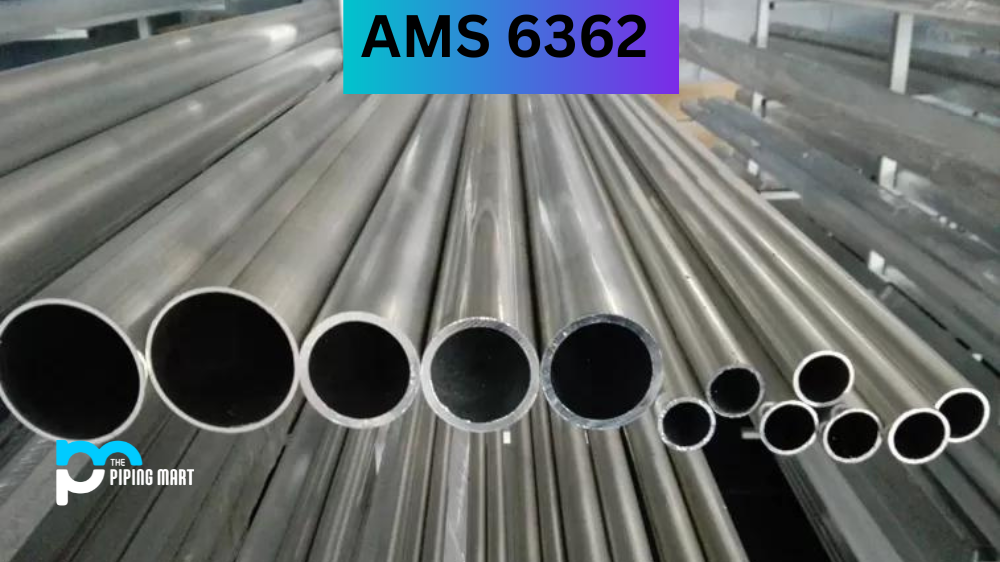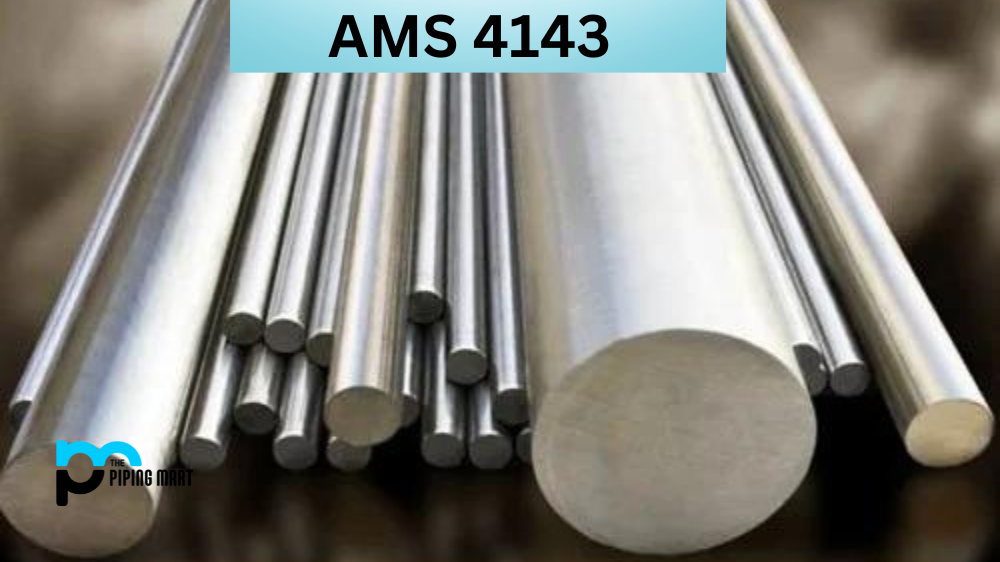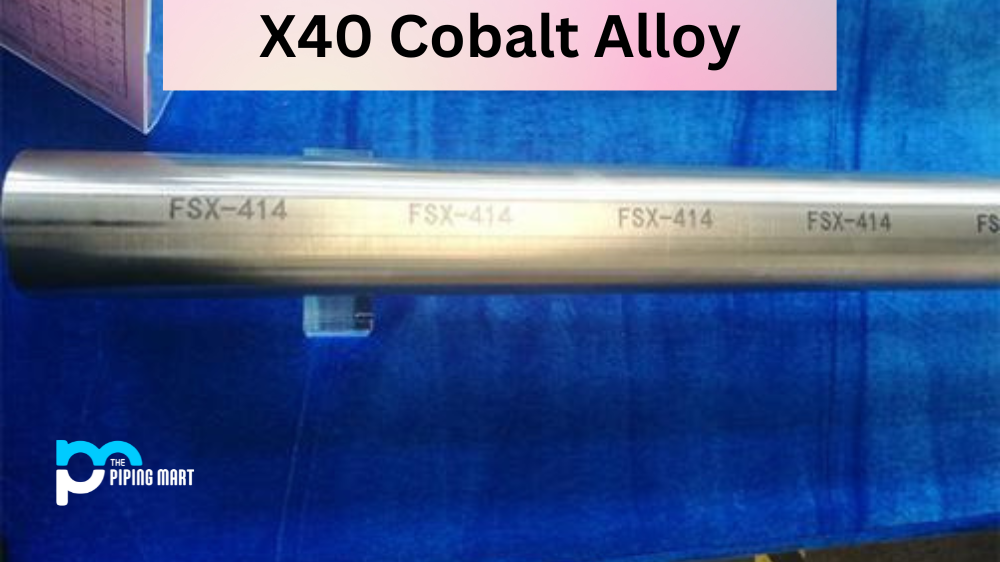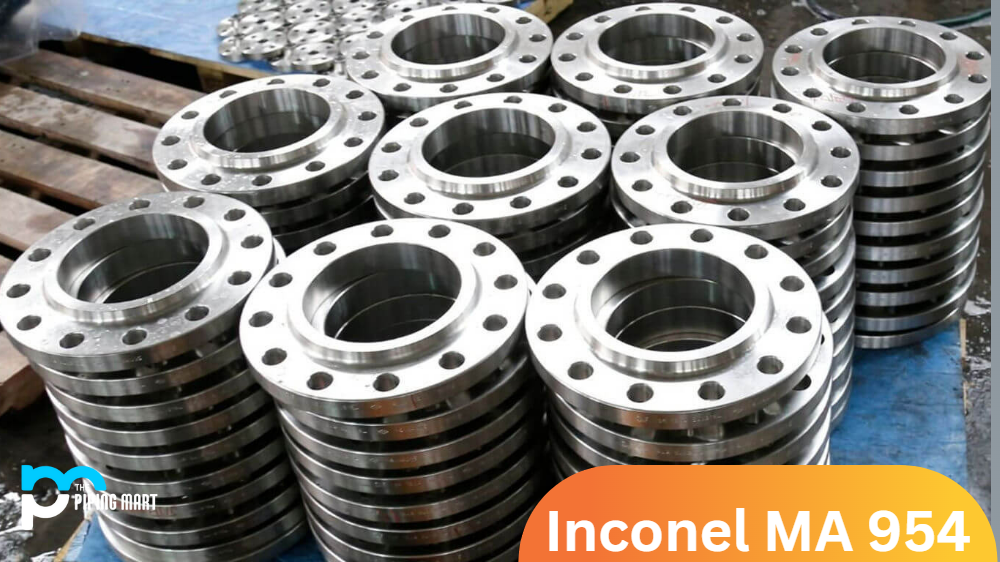When it comes to choosing the right material for a specific application, it’s crucial to understand the properties and characteristics of the metal. One of the most commonly used materials in the aerospace industry is AMS6362 steel. With its unique composition and mechanical properties, it’s no wonder that this material is the go-to choice for many aircraft components. This blog post will discuss everything you need to know about AMS 6362, including its composition, physical and mechanical properties, uses, and heat treatment.
What is AMS 6362?
AMS 6362 (also known as AISI 4130 Alloy Steel) is a specification that sets the standards for seamless steel tubes used in aircraft and aerospace applications. These tubes’ high-strength and corrosion-resistant properties make them an essential component in critical structures like landing gear and hydraulic systems. AMS6362 tubing is also commonly used in oil and gas, military, and automotive industries. Its precise mechanical properties, like tensile strength and elongation, are carefully monitored and controlled during production to ensure safe and reliable performance. Overall, AMS6362 is a crucial standard that ensures the safety and reliability of essential equipment we rely on daily.
What Form is AMS 6362 Available at Piping Mart?
- Alloy Steel AISI 4130 Bars
AMS 6362 Composition
AMS6362 steel is a low-alloy and corrosion-resistant steel that contains nickel, chromium, and molybdenum. It also has a small amount of carbon, which enhances its strength and durability. In addition, it is available in several variations, such as normalized, annealed, or cold-finished, depending on the application.
| Element | Content (%) |
|---|---|
| Iron, Fe | 97.03 – 98.22 |
| Chromium, Cr | 0.80 – 1.10 |
| Manganese, Mn | 0.40 – 0.60 |
| Carbon, C | 0.280 – 0.330 |
| Silicon, Si | 0.15 – 0.30 |
| Molybdenum, Mo | 0.15 – 0.25 |
| Sulfur, S | 0.040 |
| Phosphorous, P | 0.035 |
AMS 6362 Physical Properties
The physical properties of AMS 6362 steel are impressive. It has a density of 7.81 g/cm^3, a melting point of 1380°C, and a thermal expansion coefficient of 11.8 µm/m°C. Additionally, it has excellent corrosion resistance, making it suitable for applications exposed to harsh environments.
| Properties | Metric | Imperial |
|---|---|---|
| Density | 7.85 g/cm3 | 0.284 lb/in³ |
| Melting point | 1432°C | 2610°F |
AMS 6362 Mechanical Properties
AMS 6362 steel has high mechanical properties, such as a yield strength of 80 ksi and a tensile strength of 95 ksi. Furthermore, it has high flexibility and impact resistance, which are crucial for aircraft components exposed to vibration, rapid changes in temperature, and mechanical shocks.
| Properties | Metric | Imperial |
|---|---|---|
| Tensile strength, ultimate | 560 MPa | 81200 psi |
| Tensile strength, yield | 460 MPa | 66700 psi |
| Modulus of elasticity | 190-210 GPa | 27557-30458 ksi |
| Bulk modulus (Typical for steel) | 140 GPa | 20300 ksi |
| Shear modulus (Typical for steel) | 80 GPa | 11600 ksi |
| Poissons ratio | 0.27-0.30 | 0.27-0.30 |
| Elongation at break (in 50 mm) | 21.50% | 21.50% |
| Reduction of area | 59.6 | 59.60% |
| Hardness, Brinell | 217 | 217 |
| Hardness, Knoop (Converted from Brinell hardness) | 240 | 240 |
| Hardness, Rockwell B (Converted from Brinell hardness) | 95 | 95 |
| Hardness, Rockwell C (Converted from Brinell hardness, value below normal HRC range, for comparison purposes only.) | 17 | 17 |
| Hardness, Vickers (Converted from Brinell hardness) | 228 | 228 |
| Machinability (Annealed and cold drawn. Based on 100% machinability for AISI 1212 steel.) | 70 | 70 |
AMS 6362 Equivalents
| AMS 6348 | AMS 6371 | ASTM A331 | ASTM A829 | DIN 1.7218 |
| AMS 6350 | AMS 6373 | ASTM A506 | MIL S-18729 | UNI 25 CrMo 4 |
| AMS 6351 | AMS 6374 | ASTM A507 | MIL S-6758 | JIS SCCrM 1 |
| AMS 6360 | AMS 6528 | ASTM A513 | SAE J1397 | JIS SCM 2 |
| AMS 6361 | AMS 7496 | ASTM A519 | SAE J404 | SS 2225 |
| AMS 6362 | ASTM A29 | ASTM A646 | SAE J412 | B.S. CDS 110 |
| AMS 6370 | ASTM A322 | ASTM A752 | AFNOR 25 CD 4 (S) | SAE J770 |
AMS 6362 Uses
Due to its impressive properties, AMS 6362 steel is used in various aerospace applications, such as compressor blades, various systems, landing gear components, and wheel discs. It’s also used in military and defence applications, such as missile bodies and warhead casings.
AMS 6362 Hardness
AMS 6362 steel has a hardness range of 190-240 HB. This hardness level is ideal for components requiring significant wear and tear-resistant properties. Additionally, Its low carbon content improves machinability, which reduces manufacturing costs.
AMS 6362 Heat Treatment:
Heat treatment of the material is primarily done to increase its mechanical properties. The process involves normalizing or annealing, followed by hardening and tempering. Normalizing or annealing involves heating the steel to a specific temperature, allowing the material to cool slowly, resulting in a uniform grain structure. The hardening process involves rapid cooling of the metal, which increases its hardness, followed by tempering to improve toughness.
Conclusion:
In conclusion, AMS 6362 is an excellent material for many aerospace and defence applications due to its unique composition and impressive mechanical properties. Furthermore, its availability in different variations allows for its finite use in various applications. With its high strength, excellent corrosion resistance, and low machinability costs, it’s no wonder that AMS 6362 is the go-to material for many aircraft and defence components. So, if you’re looking for a reliable, durable, and corrosion-resistant material, consider using AMS 6362 steel.

A passionate metal industry expert and blogger. With over 5 years of experience in the field, Palak brings a wealth of knowledge and insight to her writing. Whether discussing the latest trends in the metal industry or sharing tips, she is dedicated to helping others succeed in the metal industry.




